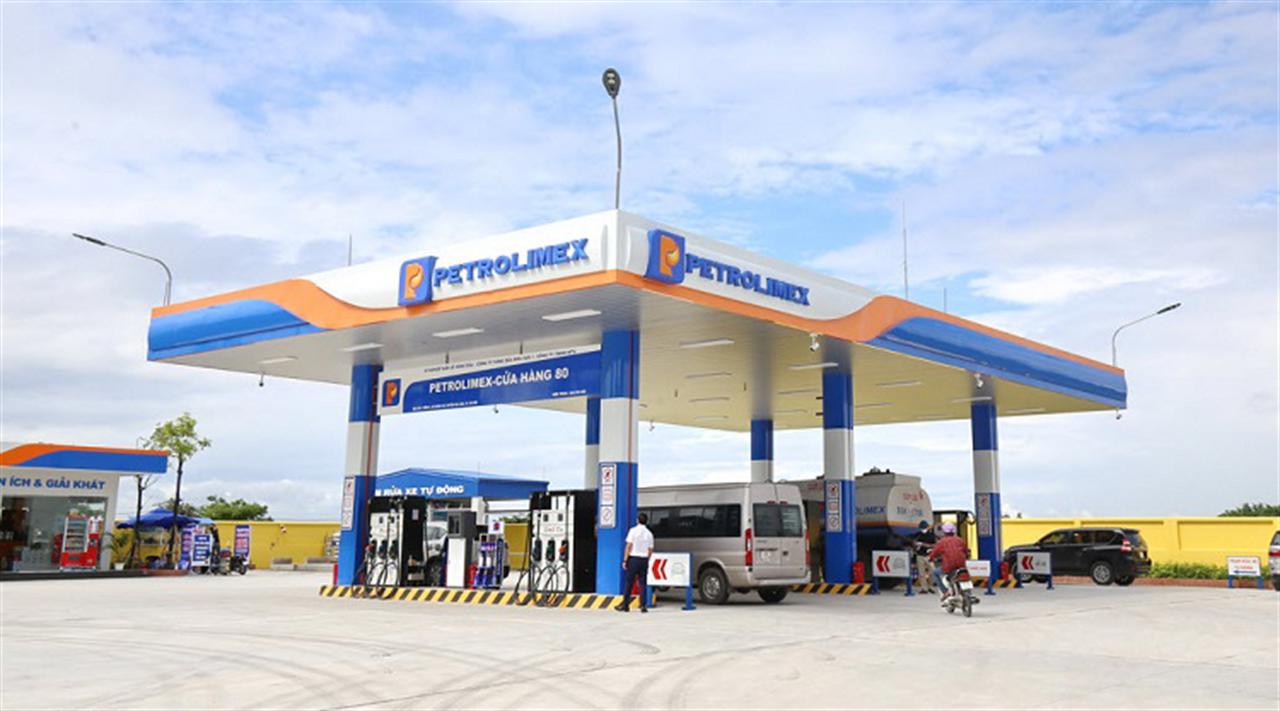New expectations for PLX
New regulations in the draft Decree on petroleum trading are expected to provide Vietnam National Petroleum Group (Petrolimex, HoSE: PLX) with greater authorities and flexibility in responding to fluctuations in input fuel prices.

If enacted, the draft decree would allow PLX to set its own selling prices, leveraging its advantages in distribution and storage systems to optimize profitability.
"Setback" Due to Market Volatility
In 2024, PLX recorded consolidated revenue exceeding VND 284 trillion, 51% higher than its target. Consolidated pre-tax profit reached VND 3.972 trillion, surpassing the plan by 37%.
For 2025, PLX aims for a minimum growth of 8% in both revenue and post-tax profit, targeting VND 248 trillion in revenue and VND 3.2 trillion in pre-tax profit. The company also plans to expand its retail network with 70–80 new outlets.
In Q1/2025, PLX’s revenue fell 10% year-over-year to nearly VND 67.9 trillion, down over VND 7.2 trillion. Financial expenses dropped 22% to VND 294 billion, offsetting a 6% decline in financial income. However, both selling and administrative expenses rose, leading to a net profit of just VND 133 billion—a sharp 88% drop from the same period last year. This means PLX has achieved only 27.4% of its annual revenue target and just over 11% of its profit target after the first quarter.
According to PLX, the decline in performance is primarily due to challenges in petroleum trading caused by global market conditions. Specifically, WTI crude oil prices dropped from USD 77.8/barrel at the start of Q1 to USD 67.04/barrel by quarter-end, directly affecting cost of goods sold and prompting an increase in inventory devaluation provisions.
Impact of Fuel Pricing Mechanism
International fuel prices and exchange rates have long been considered major variables impacting PLX’s business results. Recently, a new policy has emerged: the 6th draft of the Decree on petroleum trading offered by the Ministry of Industry and Trade for public feedback.
The shift to a fully market-based fuel pricing mechanism is expected to significantly affect PLX’s operations. According to Vietcap, the new mechanism will allow PLX to determine its own selling prices (as long as they remain below a base price), enabling the company to use its distribution and storage advantages to improve profit margins.
In Q1/2025, PLX experienced a 2.6% decline in gross profit per liter of oil sold due to weak performance and a forecasted drop in Brent crude prices. The adoption of market-based pricing is expected to drive competition in the industry, requiring PLX to enhance operational efficiency and service quality to maintain market share.
Currently, PLX dominates with over 50% of the domestic fuel distribution market, followed by PV Oil with about 18%. Both are state-owned enterprises.
Overall, with the draft decree expected to be approved soon and support the profit margins of fuel traders—including PLX—from 2026 onward, PLX’s profitability is anticipated to recover starting in that year.
Recovery Outlook
With a large market share and a shrinking number of licensed fuel distributors—only 30 in 2024, down by 5 from the previous year—PLX is well-positioned for recovery. Additional positives include an increase in charter capital via stock dividends, gains from divestment in PLC, and the recent leadership change where Mr. Dao Nam Hai was suspended from his role as state capital representative and CEO. The Ministry of Finance quickly assigned Mr. Pham Van Thanh, Chairman, to take over the role—an event deemed to have minimal impact on PLX.
It’s important to note that Brent crude oil prices are an assumption in valuation models for fuel distribution companies. As mentioned, PLX is particularly sensitive to global oil price volatility, underscoring the need for effective risk management strategies. The new draft decree is expected to give businesses more flexibility in adapting to input price changes by allowing real-time price adjustments. However, this remains a common and unpredictable risk across the fuel distribution industry.
Despite recent deep valuation discounts, PLX’s stock is expected to rebound, supported by projected revenue of VND 300 trillion and post-tax profit of VND 5 trillion by 2026, with a potential share price target of VND 77,000.








